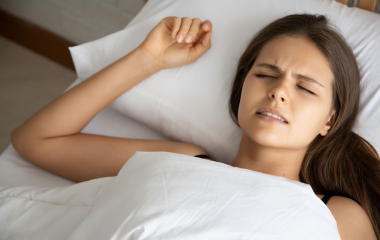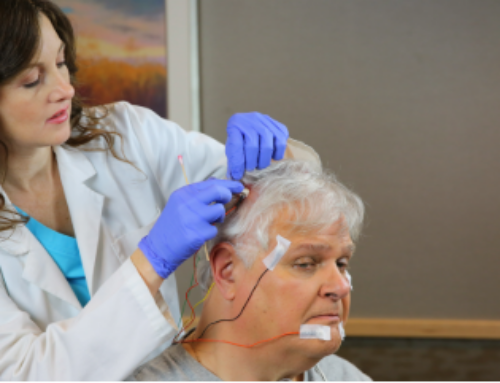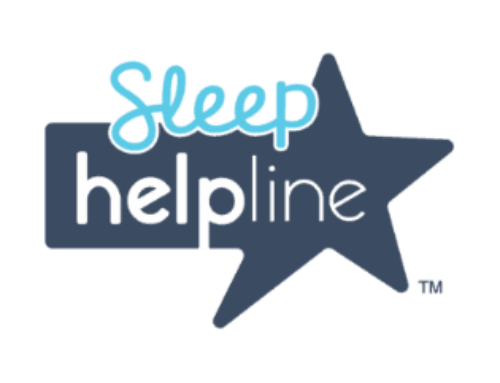I don’t know how long I’ve been grinding my teeth, but I started speculating there was a problem when I visited my dentist a few years ago regarding a clicking noise in my jaw. My dentist noticed signs of wear on my teeth and suggested I was grinding and clenching my teeth during the night. Tooth grinding is also called sleep-related bruxism.
Symptoms
The following could be signs of bruxism:
- Tooth pain
- Jaw muscle pain
- Mouth and facial pain
- Damaged teeth or teeth with abnormal wear
- Sore gums
- Headaches
It is normal for your jaw to contract while you sleep, but if the movement is too strong, it will make a grinding sound. Bruxism varies in severity and can sometimes be disruptive to your sleep. Often I woke up during the night and only later realized it was from bruxism.
Sleep-related bruxism is most obvious to your bed partner. It also attracts attention when asleep in a group setting, like at a sleepover or campout. Someone may notice the grinding noise before you do!
There are various treatment options for bruxism. Grinding is related to stress, so seeing a professional to help manage stressors in your life can be useful. A doctor or counselor can help you with this. Cognitive behavioral therapy, like relaxation techniques and biofeedback, are ways to handle stress and reduce pain.
If you suffer from severe bruxism, you may want to see your dentist.
My dentist made me an oral appliance to wear, essentially a mouth guard to protect my teeth while I slept. It is clear plastic and molded to fit my teeth.
As it turns out, between 20 and 50 percent of people with bruxism have a family member with a history of grinding teeth…thanks a lot, Mom and Dad!
Luckily I was made aware of my bruxism before I did any major damage to my teeth, and now I have no problem staying asleep at night. Now if I could just figure out why I keep sleep talking…





